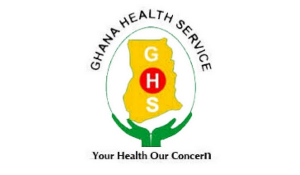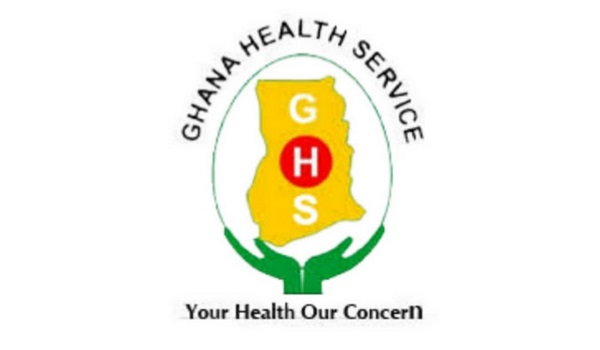 Liver and prostate cancers constitute the two leading cancers among men
Liver and prostate cancers constitute the two leading cancers among men
The Ashanti Regional Directorate of the Ghana Health Service has initiated a three-year campaign against liver and prostate cancers, as they constitute the two leading cancers killing men at an alarming rate.
From 8,764 cancer cases recorded in the Ashanti Region in the year 2022, the region’s new cancer cases soared, reaching 11,783 in 2023 and inching further to 12,817 in 2024.
Sharing these figures, the Ashanti Regional Director of Health, Dr. Fred Adomako Boateng, expressed concern that men have been flagged to bear the highest risk, with health facilities recording 3,200 new prostate cancer cases from 2022 to 2024.
This represents more than twice the 1,087 new breast cancer diagnoses and more than thrice the 973 cervical cancer cases recorded in the Ashanti Region in the same period.
He pointed out that men have also come under heightened surveillance, as liver cancers have been identified to kill as many as nine out of ten men diagnosed with the condition.
He quoted Globocan Statistics, which reported that while 2,393 men were diagnosed with new cases of prostate cancer in the year 2022 in Ghana, 1,233 patients died, reflecting a 52% mortality rate.
In the same year, liver cancers in men stood at 2,656 new cases with 2,390 deaths, representing an alarming 90% mortality rate.
Call to Action
Declaring the commitment of the Ashanti Regional Directorate of the Health Service to tackling the alarming situation, Dr. Fred Adomako Boateng indicated, “The Ghana Health Service, in line with the World Cancer Day theme ‘United by Unique’, is joining the global movement, calling for greater emphasis to address prostate and liver cancers in men in Ghana, and in particular, the Ashanti Region.”
He expressed worry, “Although these cancers are among the leading causes of death in the country, they are unfortunately not highlighted enough for various reasons.”
Human-Centered Approach
Dr. Adomako Boateng called for a human-centered approach that holistically addresses the unique needs of each cancer patient, beyond merely seeing them as statistics.
He emphasized, “Behind every diagnosis lie unique human stories of grief, pain, healing, resilience, love, and more. That is why a people-centered approach to cancer care that fully integrates each individual’s unique needs, with compassion and empathy, leads to the best health outcomes.”
The three-year campaign will entail wide awareness creation and behavioral change campaigns; knowledge sharing and partnerships; promotion of national initiatives that engender prevention and early detection; as well as advocacy for equitable patient support systems that address disparities.
Public Response
Men who spoke to GHONE and Ultimate News in Kumasi welcomed the campaign, insisting cancer advocacy had largely focused on females with little emphasis on men.
“It’s good they are giving some attention to cancers affecting men. Anytime I hear about cancers, it is the breast and cervical cancers. A few radio stations and herbal medicine practitioners are the ones who speak about prostate cancers and how men now have to use artificial rubbers to pass urine,” a driver, Akwasi Nti, stated.
Some men told reporter Ivan Heathcote-Fumador that they would recommend that the Health Service brings the screening and advocacy close to places like fitting shops, wood villages, and transport stations dominated by men.
“What we don’t want is for anyone to refer us to any big hospital where we will go follow long queues and waste the whole day there to get screened. If it is close to us at this station, we can easily enter, get it done, and get back to work,” a taxi driver, Kwaku Mensa, recommended.
